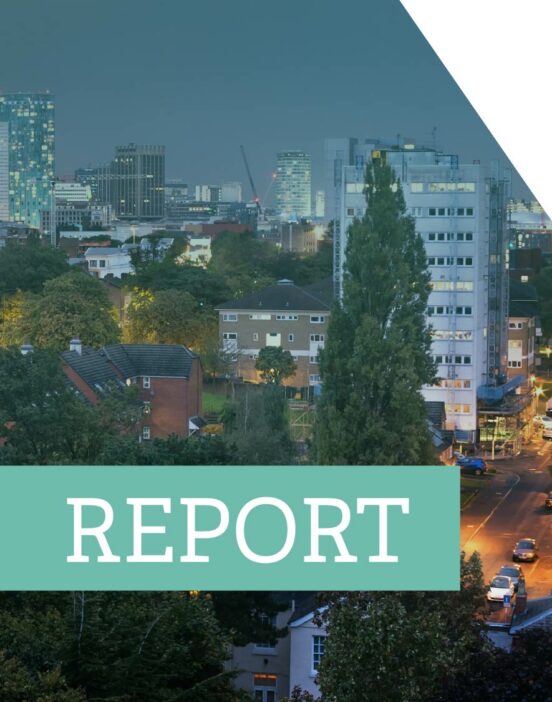A tale of two cities (part 1)

After the success of the Commonwealth games in 2022, Birmingham is now in the news for the wrong reasons. Financial difficulties facing the City Council culminated in a formal declaration on 5 September 2023 that Britain’s largest local authority was, in effect, bankrupt. But the understandable short-term focus on the council’s financial woes must not distract from the wider deficits – not least on productivity and employment – which confront the urban area that Birmingham sits at the heart of. From the perspective of the UK’s economic strategy, and in a much broader sense than one council’s finances, Britain cannot afford Birmingham to be bust.
Few would disagree that Britain has a significant productivity problem, and few would fail to recognise the contribution of the poor performance of the UK’s largest cities outside the capital to that situation. Bucking the global trend for bigger urban areas to be more productive, most of our largest cities’ productivity lags the UK average. The country as a whole is poorer as a result.
At the centre of this problem lie the UK’s ‘twin second cities’: Greater Manchester and Birmingham. Their weak economic performance has its long roots in the rapid deindustrialisation of the second half of the 20th century, but the fact that this situation persists today reflects more recent failures. Their sheer size (a combined population of 5.6 million) and central role in their regional economies (there is no route to a prosperous Black Country or wider West Midlands that does not run through a more productive Birmingham) means they should be centre-stage in our attempts to boost aggregate growth, and to close regional productivity and income gaps.
But understanding the case for change is different from setting out a plausible path for making it happen. As part of the Economy 2030 Inquiry, this report on the Birmingham urban area (an area which includes the conurbations of Birmingham and Wolverhampton but excludes Coventry; hereafter, ‘the BUA’), and a twin paper on Greater Manchester, provide grounded answers to the difficult question of what it would take to achieve a higher-productivity future for these two great, but different, cities. Rooted in local realities and sharpened through conversations with local policy makers and residents alike, we set out here what a higher-productivity future would really entail for the BUA: a place with a crucial role to play in a more prosperous Britain.
For all research queries about this report, please contact Lindsay Judge. For press queries, please contact the Resolution Foundation press office.

Lindsay Judge
Research Director,
Resolution Foundation
Email Lindsay